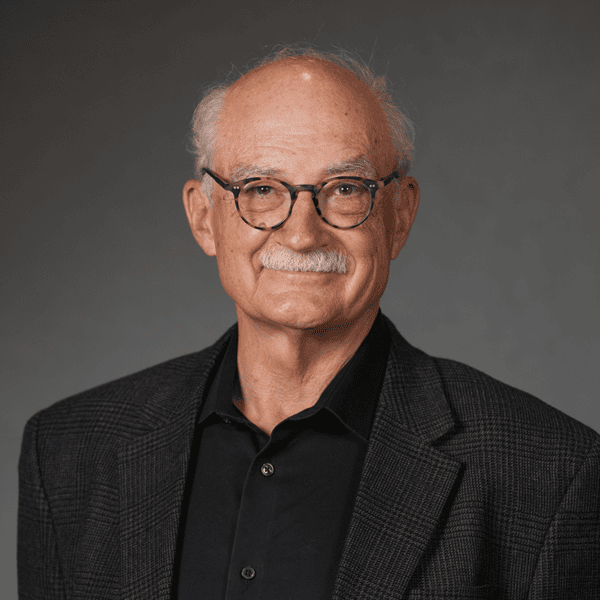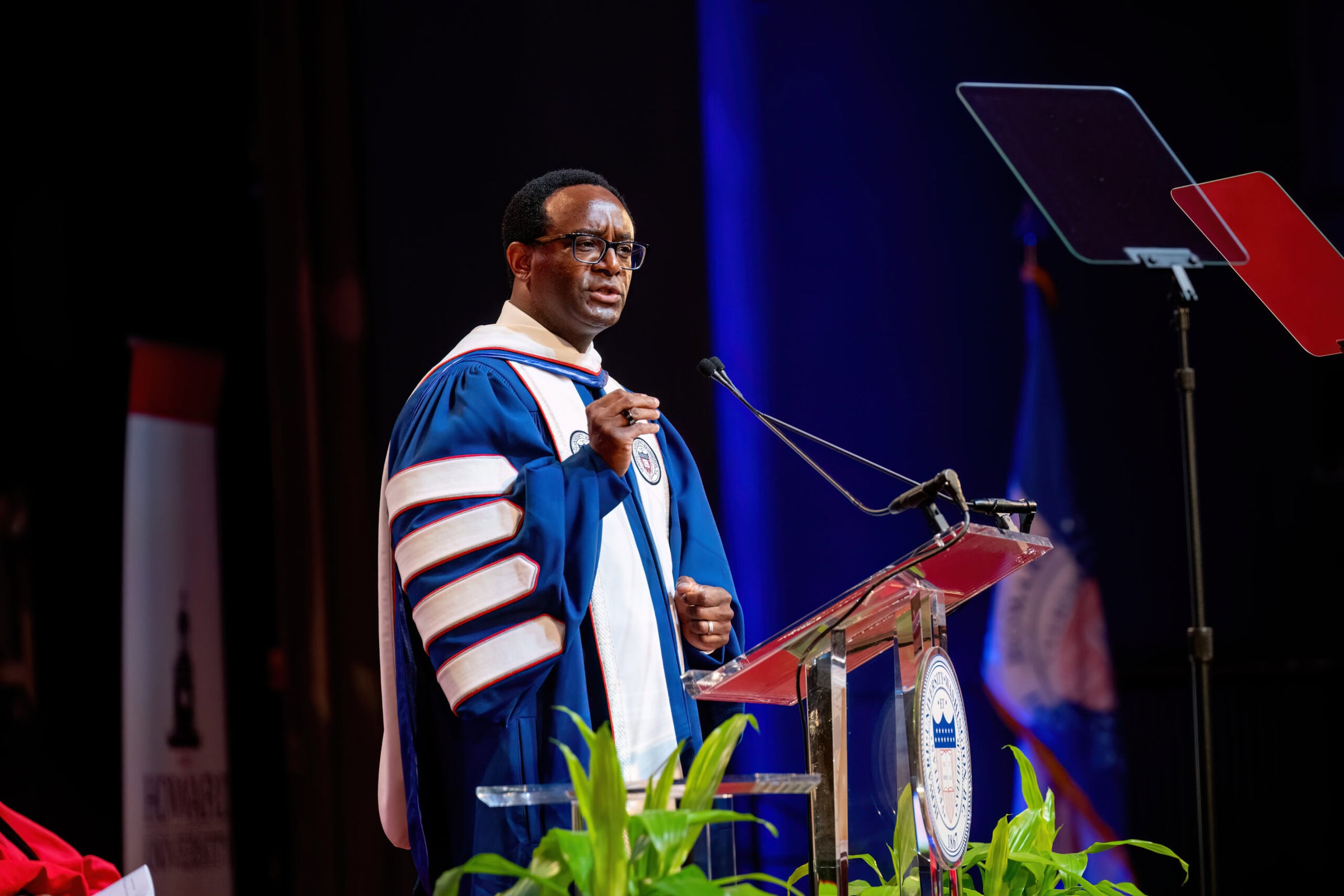At a special session of the Academic Senate at the University of California, Berkeley, in 1949, a faculty member who had previously shunned university politics rose to speak. It was the Year of the Oath, the beginnings of Cold War anticommunism, a time when the University of California Board of Regents required all university employees to pledge their loyalty to the US and California Constitutions and to deny membership in, or belief in, any organization that advocated overthrowing the US government. The oath’s obvious purpose was to uncover communist associations. According to an eyewitness, “Perhaps none made a more profound impression upon those who experienced it than the speech of a once German scholar. . . . He told of the imposition of oaths in the early days of Hitler’s power. His theme was always: ‘This is the way it begins. The first oath is so gentle that one can scarcely notice anything at which to take exception. The next oath is stronger!’ The time to resist, he declared, was at the beginning: the oath to refuse to take was the first oath.”
The speaker in question was the great medievalist historian Ernst Kantorowicz, who said in that meeting, “It is a typical expedient of demagogues to bring the most loyal citizens, and only the loyal ones, into a conflict of conscience branding nonconformists as un-Athenian, un-English, un-German.” True to the ideals he espoused in his speech, Kantorowicz refused to take the regents’ loyalty oath. Berkeley fired him.
Kantorowicz, of course, was no communist. In fact, he was a traditional conservative who had shot at communists during the 1919 revolution in Munich. He had embraced German nationalism, but as a Jew, he did not endorse the New Reich and referred to Nazi anti-intellectuals as “vomit.” His staunch conservatism did little to protect him. Despite his service with the Volkswehr in Munich, anti-Jewish legislation forced him out of his academic position at Frankfurt and into exile to Berkeley. Then, in 1949, Berkeley exiled him again.
The goal is that, through debate and the search for new evidence, a better understanding of the past will come out.
When Kantorowicz defended his refusal to submit to the loyalty oath, he relied not on the liberal right to freedom of speech or even academic freedom but rather on his status as a professor, which he understood in medieval terms. Only the professor, he argued, along with the priest and the judge, may wear the robe, which sets them apart as people whose only loyalty must be to the truth. Demanding an oath to the state was impossible because, by virtue of their professions, they had already taken an implicit oath to the truth as determined by the standards of their professions.
Kantorowicz’s elitism seems antiquated today. Although I cannot imagine using his medievalist habit of mind to defend teachers victimized by political purges, he did raise a question that is still germane. How should professionals defend themselves against transparent political attacks that might lead to the termination of their jobs? In expressing their opinions, especially if made in the classroom, are they exercising their rights to free speech and academic freedom, or are they drawing conclusions based on their expertise? For historians, the line between their rights as citizens and their obligations as professionals can be easy to blur, and those who harbor animosity toward educated elites often do not recognize the difference between ideological and professional opinions.
Similar to other professionals, such as epidemiologists and climatologists, who have faced untutored and often vicious attacks in past decades, historians do not merely express their opinions when they “profess.” They profess their best expert judgment. Their judgments might be wrong, but an attribute of being a professional is that other professionals with similar command of evidence can and will dispute them. All that should matter is the evidence and what it means. The goal is that, through debate and the search for new evidence, a better understanding of the past will come out.
Teachers must model that process for students through discussion, which promotes independent, reflective, and critical thinking. That has been the most effective pedagogical technique since Socrates asked hard questions of the youth of Athens. It is how students learn, because understanding comes not from imbibing an ideology but from engaging in rational discourse based on evidence. History is about what actually happened in the past, not what should have happened or should have been thought. Much of history is ugly, violent, divisive, and offensive to current sensibilities, and if history teachers are doing their duty, the subject matter should make students feel uncomfortable. What is remarkable about our current public discourse is how often these basic principles of pedagogy are challenged.
When he refused the regents’ oath, Kantorowicz had already acquired a position at the Institute for Advanced Study in Princeton, which diminishes the force of his protest. So his story must be cold comfort to the victims of the current rage for harassing or firing teachers for failing to conform to an ideological litmus test. But Kantorowicz’s point about professionals still has merit. Many teachers today may not yet face loyalty oaths, but there are other ways to control thought. At New College of Florida, two untenured visiting professors wrote an opinion piece in that notoriously left-wing publication Teen Vogue that criticized the ideological cement poured over the campus by the politically one-sided Board of Trustees. One of the trustees, Christopher Rufo, tweeted that the two are “pure left-wing Mad Libs.” Rufo declared, “New College will no longer be a jobs program for middling, left-wing intellectuals” and even took pleasure in the two professors’ vulnerability: “Luckily, both are visiting professors.” For undeclared reasons, one of the authors of the Teen Vogue article, who happened to be the only professor of US history at New College, did not have his contract renewed. It is hard not to smell political bias in Rufo, a trustee who has been entrusted to protect the interests of all the citizens of Florida, not just those who have his same extremist views.
Much of history is ugly, violent, divisive, and offensive to current sensibilities.
One of the several documents that guides the new assault on history education is American Birthright: The Civics Alliance’s Model K–12 Social Studies Standards, which has been endorsed by Christopher Rufo as a member of its American Birthright Coalition and one of the initial signatories of the Civics Alliance. The Civics Alliance gives its mission as “preserving and improving America’s civics education and preventing the subordination of civics education to political recruitment tools.” That sounds nice until you read the 16-page introduction, which is a transparent entreaty for “political recruitment” to the radical right. The introduction presents a classic straw man argument about history in the schools without citing any evidence about what is actually being taught and what is wrong with it. The American Birthright project attempts a top-down eradication that ignores administrators and teachers who actually know something about how students learn. The misguided section on pedagogy constitutes a screed against a tradition in pedagogical theory that includes the greatest American philosopher of education, John Dewey, who wanted education to be an exercise in democracy by creating an environment in which students can take part in and own their own learning. American Birthright advocates not rational inquiry but a return to the antiquated memorization of “an extensive catalog of historical facts, including dates, places, people, and laws.” Take, for instance, the way these model standards incorporate a carefully selected set of primary documents. Students memorize passages and learn to recite how these sources embody eternal transhistorical truths. They are never asked or encouraged to be critical, to analyze, or to consider other points of view. The resentment infusing the prose in this document will only please the converted and do nothing to help parents understand better the social studies education of their children.
As a professor, I must, by definition, profess my understanding of the meaning of historical evidence. My credo: I believe in history. I believe in the evidence of history. I believe in the ethics of history. To believe in history means that historical study must serve an ethical purpose, but there is no catechism of historical belief, only scholarly practices that attempt to discern the meaning of the past in all its complexity, ambiguity, and uncertainty. Life offers not the certainty of grace or mathematical precision but rather the responsibility to make decisions based on partial or conflicting evidence. Honest history, in short, teaches students how to live. The proposed alternative would condemn millions of young students to the soul-killing drudgery of rote memorization and deprive them of the opportunity to live a rich intellectual life full of ideas. To do so would be not just an assault on history but an assault on our youth. That would be a lasting tragedy—one that a well-educated conservative, such as Kantorowicz, must lament.
This work is licensed under a Creative Commons Attribution-NonCommercial-NoDerivatives 4.0 International License. Attribution must provide author name, article title, Perspectives on History, date of publication, and a link to this page. This license applies only to the article, not to text or images used here by permission.


